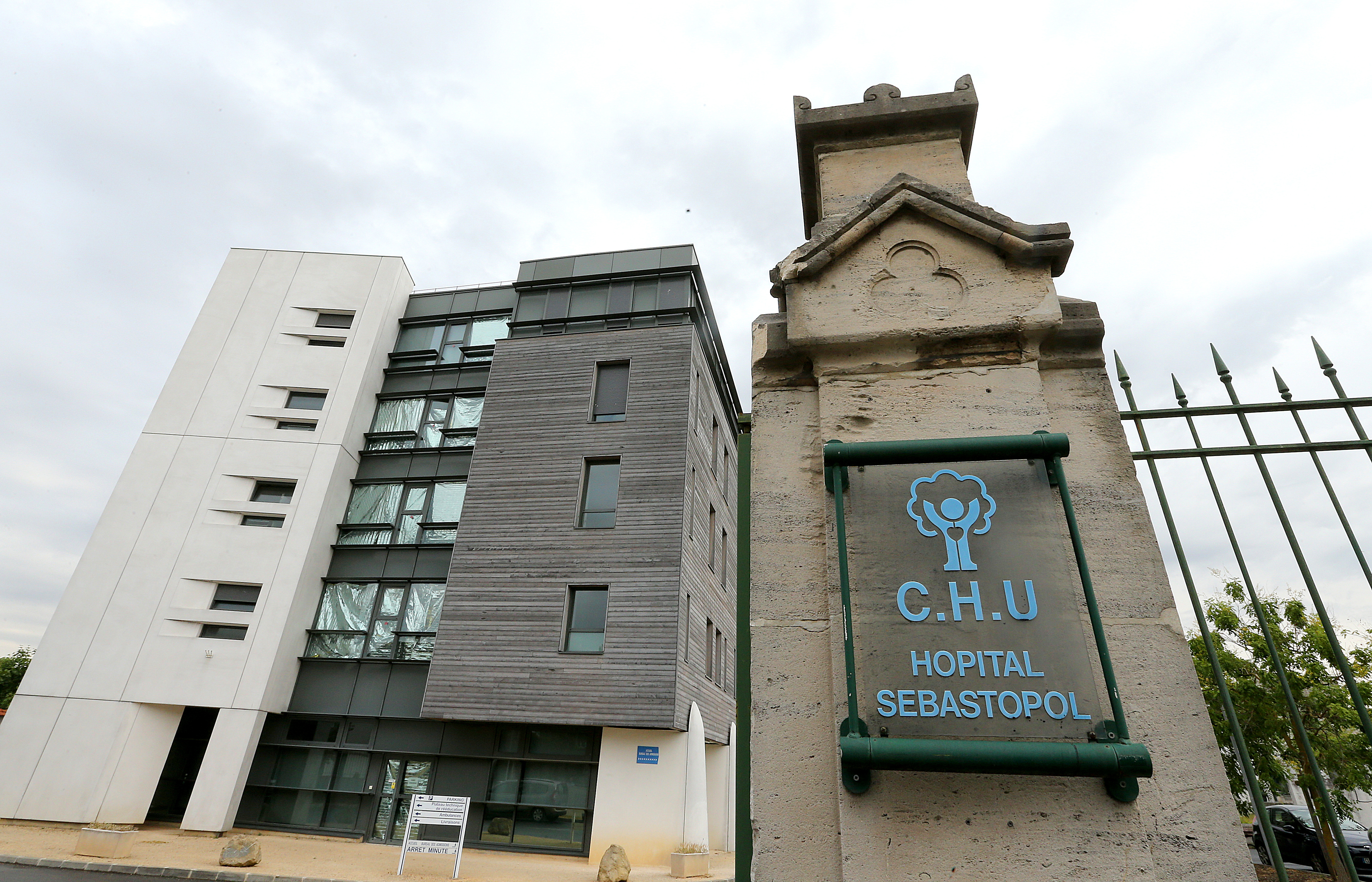END-OF-LIFE
Vincent Lambert died on Thursday, July 11. For some experts he was in a state of minimal consciousness while others said he was in a vegetative since the car crash that left him quadriplegic. “It’s a moment of deep sadness and respect for the sorrow of Vincent Lambert’s family. But we cannot ignore the fact that this case has been marked by some particularly crucial legal aspects”, said Alberto Gambino, jurist, president of Science & Life and prorector of the European University of Rome

Vincent Lambert died on the morning of July 11 at the hospital in the northern French city of Reims. For some experts, he had been in a state of minimal consciousness since 2008, while others said he was in a vegetative since the car crash that left him quadriplegic. He would have turned 43 on September 20. His hydration and nutrition tubes were removed on July 2 after the Court of Cassation overturned the ruling of the Court of Appeal to continue the treatment pending the opinion of the UN Committee for the Rights of Persons with Disabilities. The UN body had asked France a six-month suspension to examine the case. Lambert’s parents, Jean and Viviane, went through a years-long legal fight to keep their son alive with uninterrupted hydration and nutrition, while his wife Rachel and the doctors that had him under their care held the opposite view. On Monday, July 8, in a letter to those who had always supported them, his parents wrote: “This time it’s over. Our lawyers have intensified the appeals in recent days and have taken all possible legal actions to enforce the appeal ordered by the UN that benefited Vincent. In vain. Vincent’s death is now unavoidable. It was imposed on him as on us.” In a tweet posted on Wednesday July 10, Pope Francis urged the faithful to pray “for the sick who are abandoned and left to die. A society is human if it protects life, every life, from its beginning to its natural end, without choosing who is worthy to live or who is not. Doctors should serve life, not take it away.” On Thursday, July 11, after the news of Vincent’s death, the Pontifical Academy for Life wrote: “Msgr. Paglia and the entire Pontifical Academy for Life are praying for the family of Lambert, the doctors and all those involved in the case. The death of Vincent Lambert and its history are a defeat for our humanity.”
“It’s a moment of deep sadness and respect for the sorrow of Vincent Lambert’s family. But we cannot ignore the fact that this case has been marked by some particularly crucial legal aspects”, Alberto Gambino, jurist, President of Science & Life and prorector of the European University in Rome, told SIR. Recalling the legal case, Gambino pointed out: “Ultimately, there was an intervention by a United Nations Committee that had asked France to delay the discontinuation of food and hydration. In the face of this request, after ten years of continued feeding and hydration, to be honest, not accepting it seemed like an act of pride on the part of a State which refuses to comply with requests from international bodies, of which France is a member but which do not, however, represent French jurisdiction.”
For the President of Science & Life, “the request of the Committee of the United Nations could have been accepted. In fact, it asked for a moratorium in order to further examine the case, and did not provide a definitive assessment. A final decision could only have been reached at the end of the investigation. For this reason, I would describe having precipitated the situation as an act of arrogance.”
“The story of Vincent Lambert brings the emphasis on a major underlying problem – Gambino remarked -namely, the fact that so-called incurable patients are sometimes considered unworthy of being treated, whereby the treatment extends beyond the therapeutic aspect, including also patients’ care and access to vital support, forming part of the most appropriate forms of human solidarity towards the most vulnerable and fragile people.” For the jurist, “this confusion, that in some cases is due to reasons linked to the economic efficiency of the health system, implies that when a person is incurable, the quality of life in terms of efficiency is verified and, if that life is considered not to be fully efficient, it is stopped being treated and cared for. This occurs when hydration and nutrition – representing vital support – are withdrawn.” In this case, “this occurred despite the patient’s will: Vincent Lambert never expressed the intention to remove hydration and nutrition.” For the President of Science & Life, “in the absence of this explicit will,
the precautionary principle requires that priority be given to the continuation of life, not to its interruption. If not, the notion of ”good life” is relegated to its quality, and, in case of inefficiency, it is degraded.”
For Lambert, concluded Gambino, “we are not faced with a problem of self-determination. The issue is at a deeper level, and it involves the understanding of human lives in a state of minimal consciousness: they are human lives, with reactions and relationships, even if small, that deserve to be attended to, like other lives, until natural death. They must not undergo an acceleration towards death on the basis of qualitative evaluations.”